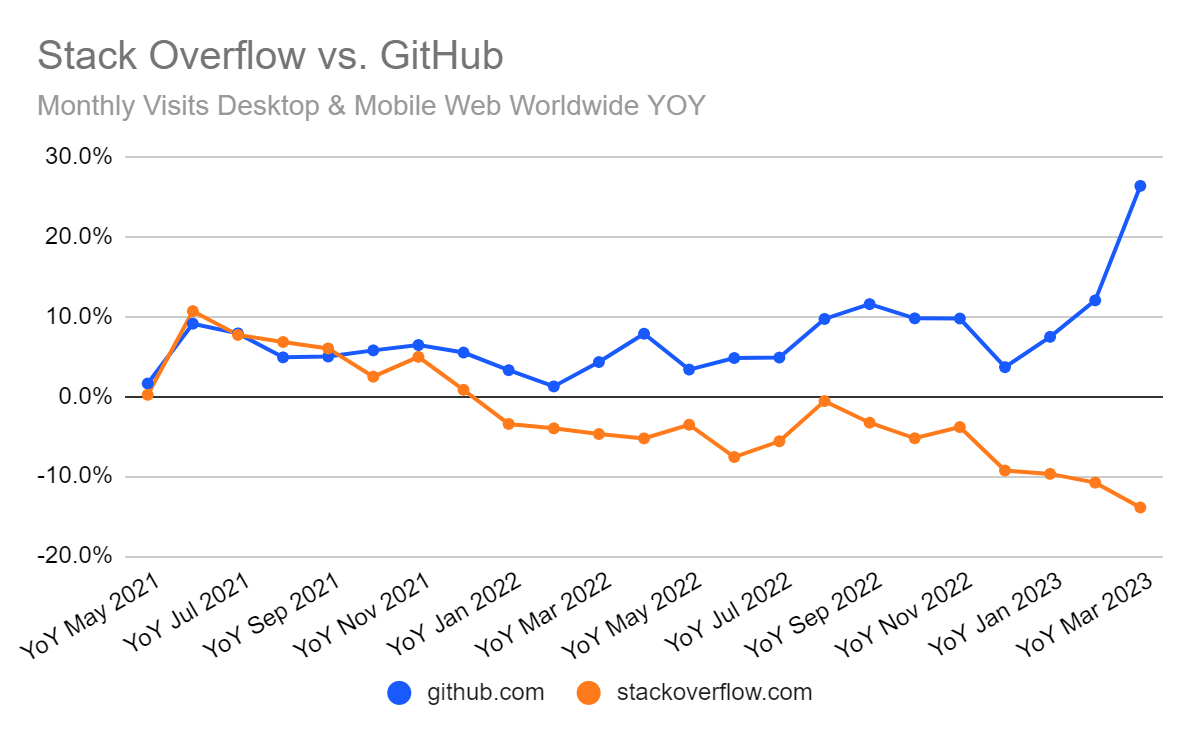What ChatGPT's corporate victims have in common | Mint
In recent years, companies like Chegg, Stack Exchange, and RWS have faced significant challenges due to the rise of generative AI technology, particularly ChatGPT. These companies, once leaders in their respective industries, have experienced a decline in revenue, workforce layoffs, and plummeting share prices. The emergence of AI-powered solutions has disrupted traditional business models and forced companies to adapt or face obsolescence.
The Impact on Chegg
Chegg, an online education service, saw its share price drop by 99% in less than four years, with the post-pandemic shift towards digital learning contributing to its decline. The proliferation of AI tools like ChatGPT has offered students a free alternative to Chegg's paid services, leading to a loss of customers and revenue. The company's CEO acknowledged the challenges posed by technological shifts and announced workforce reductions to mitigate the impact.
Lessons Learned from Stack Exchange and RWS
Stack Exchange, known for its platform Stack Overflow, once a go-to resource for developers seeking coding assistance, has seen a decline in traffic as coders turn to AI assistants like Github Copilot. Similarly, RWS, a translation service, experienced a drop in revenue and profits following the launch of ChatGPT. The company's efforts to reassure investors about the benefits of AI have not been entirely successful, highlighting the need for strategic adaptation in the face of technological disruption.

Key Insights for Businesses
From the experiences of these AI victims, several key lessons emerge for businesses navigating the era of generative AI:
- Understanding the risk posed by AI in industries with low tolerance for errors
- Recognizing the threat of off-the-shelf AI solutions that replicate existing processes
- Utilizing AI to innovate and create unique value propositions to stay competitive
Companies like Chegg, RWS, and Stack Exchange are employing AI technologies in various capacities to enhance their offerings and differentiate themselves in a changing market landscape. While challenges persist, strategic use of AI can help businesses adapt and thrive in an increasingly competitive environment.

As AI continues to reshape industries, embracing innovation and leveraging technology creatively may be the key to avoiding the fate of becoming another victim of AI disruption.










